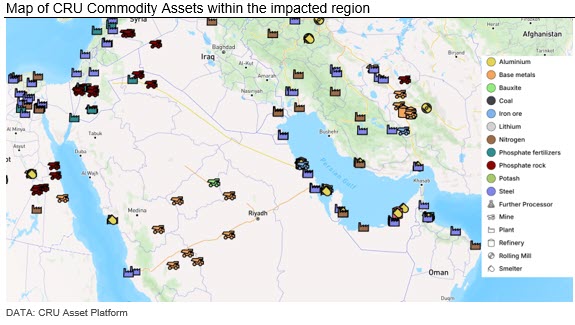Market Data

May 14, 2020
More Fiscal Spending Needed, Says Fed Chairman in Warning to Administration
Written by Sandy Williams
Federal Reserve Chairman Jerome Powell delivered a dire forecast for the U.S. economy should the government fail to provide ongoing financial support for businesses and workers and warned of potential “lasting damage” to the economy.
“The scope and speed of this downturn are without modern precedent, significantly worse than any recession since World War II,” said Powell on Monday in remarks at the Peterson Institute of Economics
More than 20 million people have lost jobs in the U.S since the arrival of the pandemic two months ago, disproportionately affecting workers in households making less than $40,000 per year. Among those households, 40 percent lost jobs in March, said Powell. Job gains of the past decade have been erased.
A prolonged recession and weak recovery could further discourage business investment and expansion, job growth and technological advancement creating an “extended period of low productivity growth and stagnant incomes,” said Powell.
Downturns in the past have been linked to cycles of high inflation followed by Fed tightening, said Powell. An example is the unsustainable housing boom of 2007-2008 that led to unbridled mortgage lending and the Great Recession.
“The current downturn is unique in that it is attributable to the virus and the steps taken to limit its fallout,” said Powell. “This time, high inflation was not a problem. There was no economy-threatening bubble to pop and no unsustainable boom to bust. The virus is the cause, not the usual suspects—something worth keeping in mind as we respond.”
So far Congress has provided $2.9 trillion in fiscal support, about 14 percent of gross domestic product. “While the coronavirus economic shock appears to be the largest on record, the fiscal response has also been the fastest and largest response for any postwar downturn.”
The Federal Reserve acted with unprecedented speed, using emergency tools to cut interest rates, purchase treasuries and securities, smooth functioning in money markets, provide credit to households, businesses and state and local governments and initiate temporary regulatory adjustments for banks. Actions like these are taken only in “extraordinary” and “unusual and exigent circumstances,” said Powell.
“At the Fed, we will continue to use our tools to their fullest until the crisis has passed and the economic recovery is well under way. Recall that the Fed has lending powers, not spending powers.” Loans from Fed facilities are just a “bridge” to provide liquidity to help borrowers get through the crisis.
“But the recovery may take some time to gather momentum, and the passage of time can turn liquidity problems into solvency problems. Additional fiscal support could be costly, but worth it if it helps avoid long-term economic damage and leaves us with a stronger recovery. This tradeoff is one for our elected representatives, who wield powers of taxation and spending.”







